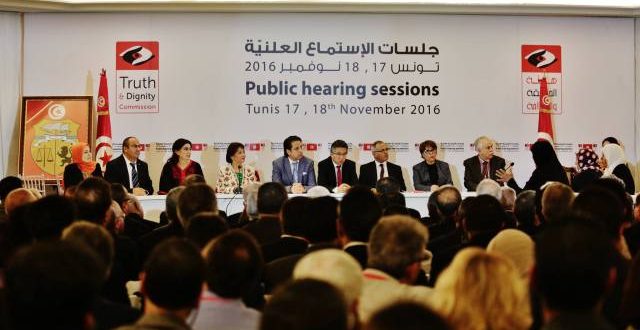Learning the lessons of transitional justice in Tunisia – a paradigm for global conflict resolution?
The United Nations High Commissioner for Refugees has a compelling imperative to establish preemptive measures in Tunisia now, using the funds available to it and calling upon funds at its further disposal. In this way, we may be able to prevent one further crisis erupting in the Middle East.
| Suggested Reading | Conflict Background | GCCT |
By Matthew Parish (ماثيو باريش)
The views expressed in this article do not necessarily reflect the views of TransConflict.



















